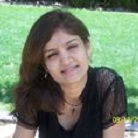


Electronics & Communication Engineering Department
What makes IET Group the most Preferred Destination among students!
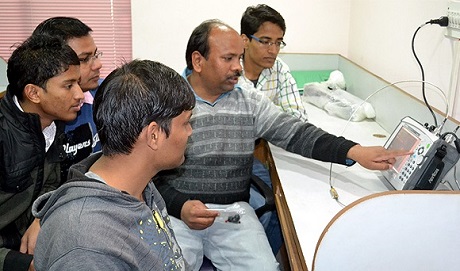
The Electronics & Communication Engineering stream represents two fastest growing technology areas in view of exponential growth taking place in the communication networks in the country. Electronics & Communication Engineering is an engineering discipline which uses the scientific knowledge of the behavior and effects of electrons to develop components, devices, systems, or equipment (as in electron tubes, transistors, integrated circuits, and printed circuit boards) that uses electricity as part of its driving force. Both terms denote a broad engineering field that encompasses many subfields including those that deal with power, instrumentation engineering, telecommunications, and semiconductor circuit design amongst many others. The basic motive behind the Department of Electronics Engineering is to impart high quality education and spawn eminent graduates to carry out leading-edge research in these disciplines of Engineering.
To create highly skilled, trained and confident Electronics and Communication Engineers having Professional ethics, strong fundamental knowledge, passion for technology and competence to adapt to the rapid changes in technology with the time.
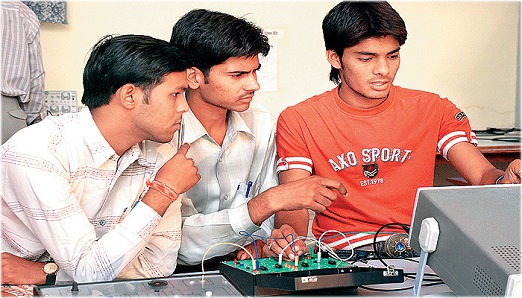
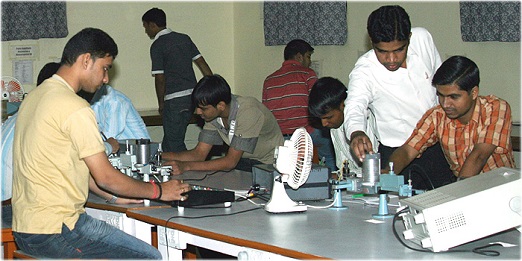
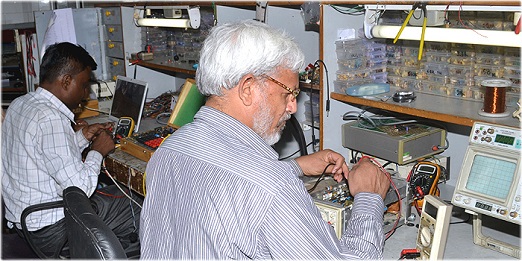
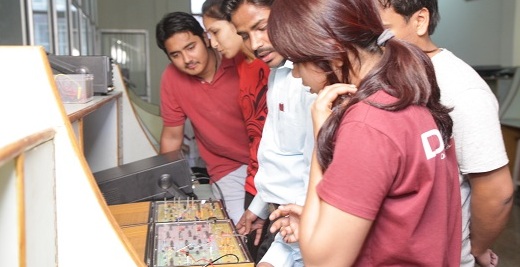
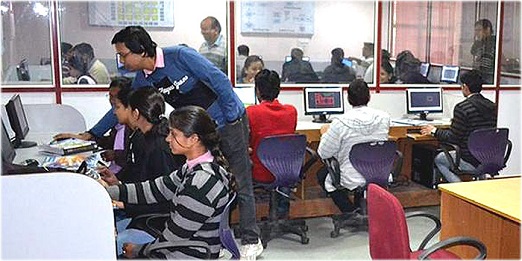
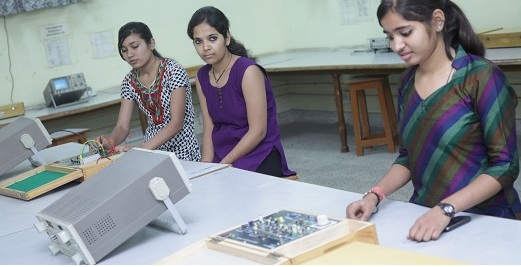
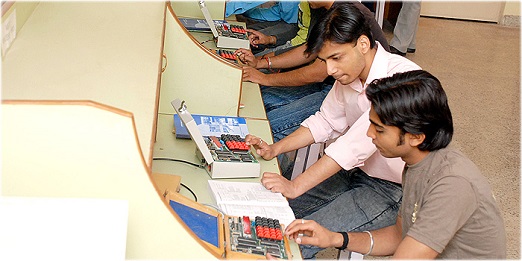

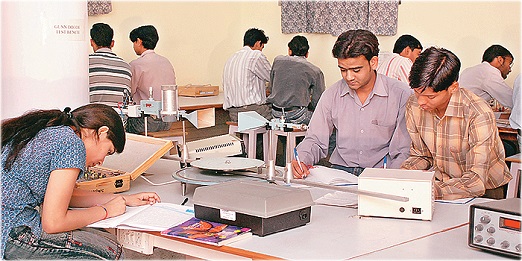
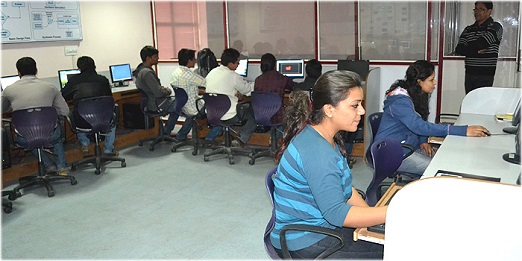
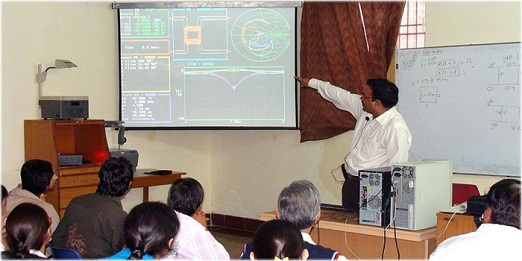
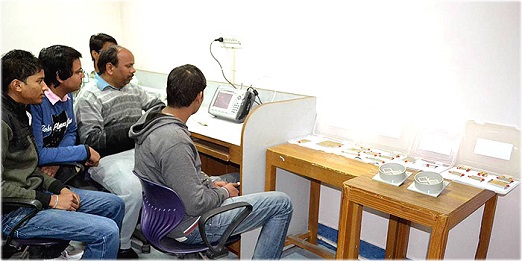
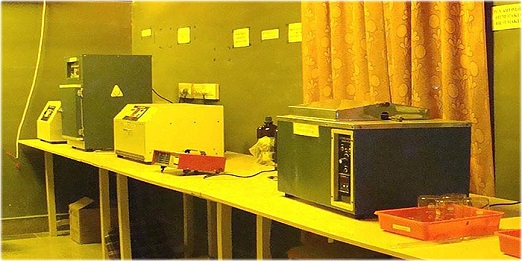
Structure and Duration : Following program is run by the IET Alwar and is available for the student of India & Abroad.
Graduation & Degree : Students who have successfully completed all examinations of their selected course will be awarded by the Rajasthan Technical University, Kota.
Entry Requirement :
The department has a crew of students to organize techno cultural events under the technical society of the department "FACE" - Federation of Active Communication Engineers, which was established on 30th August 2001. The federation presently consists of 500 members including the faculties and is coordinated by Mr. Ravindra Kumar Sharma. FACE is actually a platform for its members to show their talent and strength. The students’ activities are not just limited to FACE but a technical magazine “Technicus” is periodically published by the department which not only contains the activities and articles of the students but also brings the important national/international, technical/non-technical issues and new inventions and discoveries to light.
IEEE MTT-S CHAPTER :
IEEE Microwave Theory & Techniques Society established the Student Branch Chapter at IET, Alwar on 9th January 2009. Mr. Dwejendra Arya holds the post of Advisor and has actively organized various workshops with the experts from various reputed institutes and organizations of India and abroad, on MIC components fabrication, MEMS, 3G mobile communication and emerging microwave technologies. Many students have successfully published their works done under the guidance of experts in these workshops at various national and international conferences.
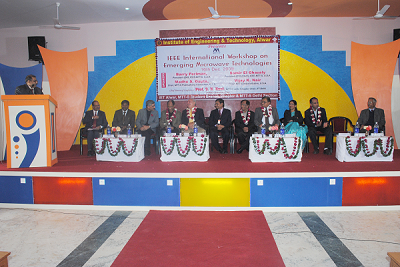
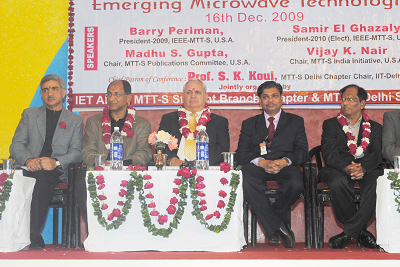
| S. No. | Events | Conducted By | Date/Duration | No. of Students | Comments |
|---|---|---|---|---|---|
| 1 | EC department organized two days International conference 'VCAN-2018'. All EC Faculty published and presented papers in this conference. | EC Department | 05-06 May, 2018 | Students and faculty from institute & outside | To familiarize students about the advancements in VLSI, Communication & Networking. |
| 2 | Dr. Anil Kr. Sharma (Principal-IET) successfully organized 2 days RTU (ATU) TEQIP–III Sponsored Workshop on "Intellectual Property Rights(IPR) & Patents" | EC Department | 24-25 March, 2018 | For the in-house and RTU Affiliated faculty members | Awareness about Intellectual Property Rights(IPR) & Patents |
| 3 | ‘VCAN-17’ international conference, convenor Dr. Anil Kr. Sharma | ECE Faculty and students | 10-11 March, 2017 | Students and faculty from institute & outside | To familiarize students about the advancements in VLSI, Communication & Networking. |
| 4 | Dr. Rajeev Gupta UCE, RTU, Kota delivered a talk on ‘Importance & Adverse effect of plagiarism’ | EC Department | 05.08.2016 | M. Tech. Students and Faculty members | Awareness about plagiarism |
| 5 | Dr. Girish Parmar UCE, RTU, Kota delivered a talk on ‘Literature Reviews & Writing a Research paper’ | EC Department | 04.08.2016 | M. Tech. Students and Faculty members | Awareness about Literature Reviews & Writing a Research paper |
| 6 | ‘VCAN-2’ international conference, convenor Dr. Anil Kr. Sharma | ECE Faculty and students | 18-19 April, 2015 | Students from institute & outside | To familiarize students about the advancements in VLSI, Communication & Networking. |
| 7 | Workshop on Artificial neural network & fuzzy logic using MATLAB | IEEE MTTS(SBC) | 24-27 March 2014 | 15 | To enhance the knowledge of Neural Network and Fuzzy logic. |
| 8 | Two day workshop on Digital VLSI design & FPGA Implementation. | FACE Society | 18-20 Feb, 2014 | 10 | To enhance the knowledge of VLSI and VHDL. |
| 9 | Circuit Debugging | FACE* society | 9 November 2013 | 24 | To enhance the practical skills of students. |
| 10 | Personality development | M/s Penta Info solution | 16-18 Aug. 13 | 60 | To enhance the soft skills of the students. |
| 11 | One day FDP On Network implementation and security | Network Bulls | 22 April 2013 | 32 | To provide the information about Networks & security |
| 12 | One week on workshop on high frequency electronic component. Designing | IEEE MTT-S student branch chapter, IET, Alwar | 25 Feb - 7 March. 2013 | 25 | To provide the information about MIC components. |
| 13 | One day seminar on Practical Aspect of High Frequency Components | IEEE – MTTS (SBC) | 4 March 2013 | 91 | To provide technical ideas about HFC among students. |
| 14 | Workshop on Research orientation & Methodology | FACE Society | 27 Feb, 2013 | 109 | To test the technical knowledge of students. |
| 15 | Seminar on Virtual Lab | IIT Delhi | 12 Feb. 13 | 240 | To familiarize students to virtual lab. |
| 16 | IEEE (MTT-S) sponsored in house workshop student branch dielectric constant measurement | IEEE – MTTS (SBC) | 5 -10 Nov. 2012 | 15 | To provide the information about dielectric constants. |
| 17 | Two day workshop on sixth sense ARDUINO Robots | ARK Techno solution Mumbai | 2-3 Nov, 2012 | 72 | Awareness in design of Robot |
| 18 | IEEE student membership drive for IEEE student branch chapter (MTT-S) | IEEE – MTTS (SBC) | 13 Oct. 2012 | 38 | To provide a common platform for academicians, technocrats, industry personnel & students. |
| 19 | Workshop on Virtual lab by IIT Delhi | FACE Society | 3-4 Oct.2012 | 120 | To familiarize students to virtual lab. |
| 20 | Summer Training on RF & microstrip Antenna | ECE Students | 15 May – 21 June 2012 | 26 | To provide the information about MIC components. |
| 21 | One day workshop on Microwave Theory & Techniques | MTT-S IEEE student branch chapter IET, Alwar | 12 April, 2012 | 38 | To provide the information about Microwave. |
| 22 | One week hands on workshop on RF, MEMS, Sensors, Microstrip antennas and advanced wireless comm. design | IEEE MTT-S student branch chapter, IET, Alwar | 27 Feb to 3 March, 2012 | 30 | For enhancing the presentation skills of the students. |
| 23 | Circuit Design Competition | FACE society | 17 Feb, 2012 | 24 | To strengthen circuit designing skills of the students |
| 24 | Technical Poster Presentation | FACE society | 15 Feb. 2012 | 30 | for enhancing the presentation skills of the students |
Indamer Company Private Limited, Mumbai, Maharashtra, India
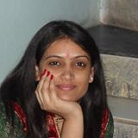
Senior Engineer R&D, Samsung Electronics Korea, Seoul, Korea
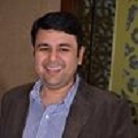
AT&T, New York, New York
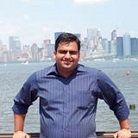
Scientist C, CEERI Pilani (CSIR), Pilani
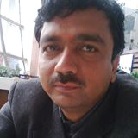
Engneering Project Manager, Aricent, Melbourne, Victoria, Australia
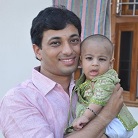
Business Unit Head, India Power Corporation Bodh Gaya Ltd., Calcutta, India
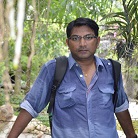
DiGi Telecommunications, Chennai, Tamil Nadu
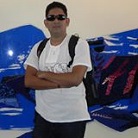
Infosys, Pune, Maharashtra
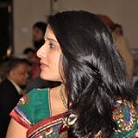
Senior Software Engineer, Aricent Group, Gurgaon, Haryana
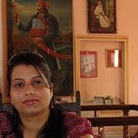
Infosys, Pune, Maharashtra
